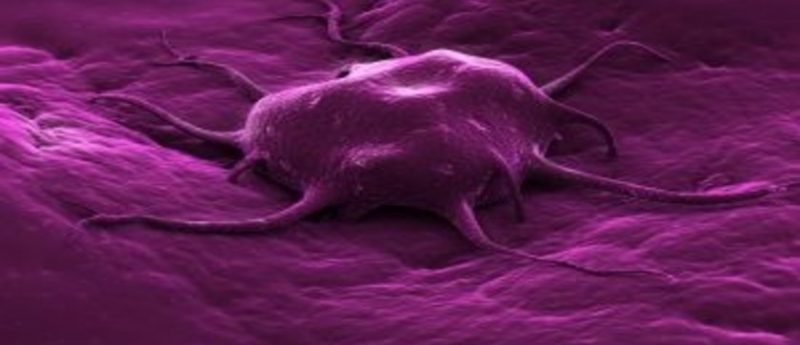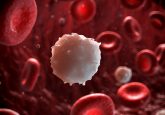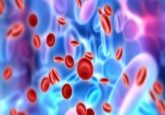New strategy to overcome treatment-resistant prostate cancer proposed

Researchers from the Roswell Park Cancer Institute (NY, USA) have proposed a new approach for the control of aggressive, treatment-resistant forms of prostate cancer. Their work was published recently in the journal Oncotarget.
The research team are the first to recognize that the genes Top2a and Ezh2 –while previously linked to aggressive prostate cancer – appear to be simultaneously overexpressed in aggressive prostate cancers that are resistant to the androgen-targeted treatments enzalutamide and abiraterone.
Leigh Ellis (Roswell Park Cancer Institute) and the team intend to target the pathways that are deregulated by the two genes. Additionally, they have suggested that these two genes are simultaneously overexpressed in other types of cancer and that the biomarkers may be used to discover effective therapies for other disease states.
Ellis summarized the results: “In two independent preclinical studies involving prostate cancer models that closely represent the clinical dilemma of resistance to androgen-targeted treatments, our results suggested a high degree of therapeutic efficacy for this approach. This study deepened our knowledge of the etiology of aggressive prostate cancer and will be the basis of future investigations that we hope will lead to discovery of additional biomarkers and therapeutic targets.”
In terms of future work, the team hope to identify exactly which pathways are deregulated by the two genes. Ellis hopes that the results of the preclinical trials will form the basis for clinical trials in patients whose prostate cancers are resistant to enzalutamide and abiraterone acetate.
Sources: Kirk JS, Schaarschuch K, Dalimov Z et al.Top2a identifies and provides epigenetic rationale for novel combination therapeutic strategies for aggressive prostate cancer. Oncotarget 5, (2014); Roswell Park Cancer Institute press release





